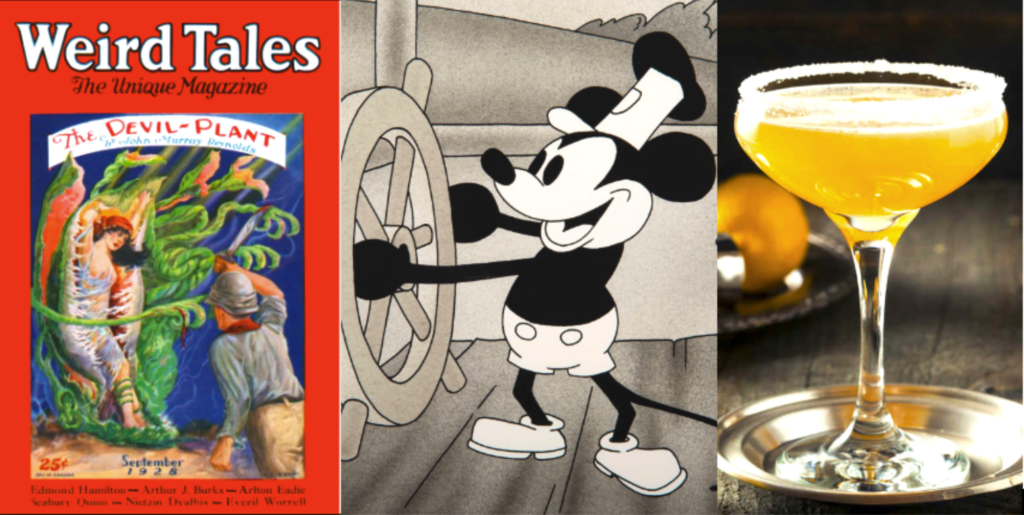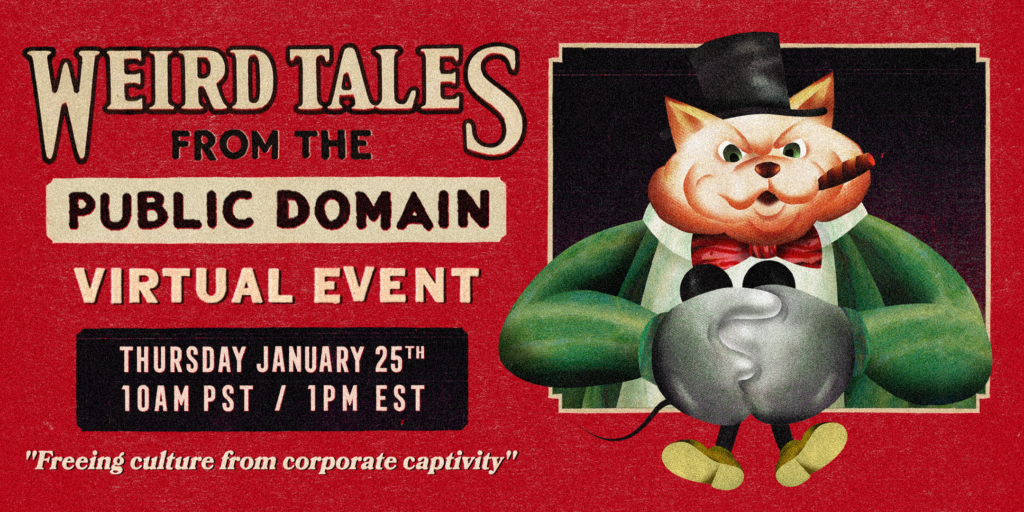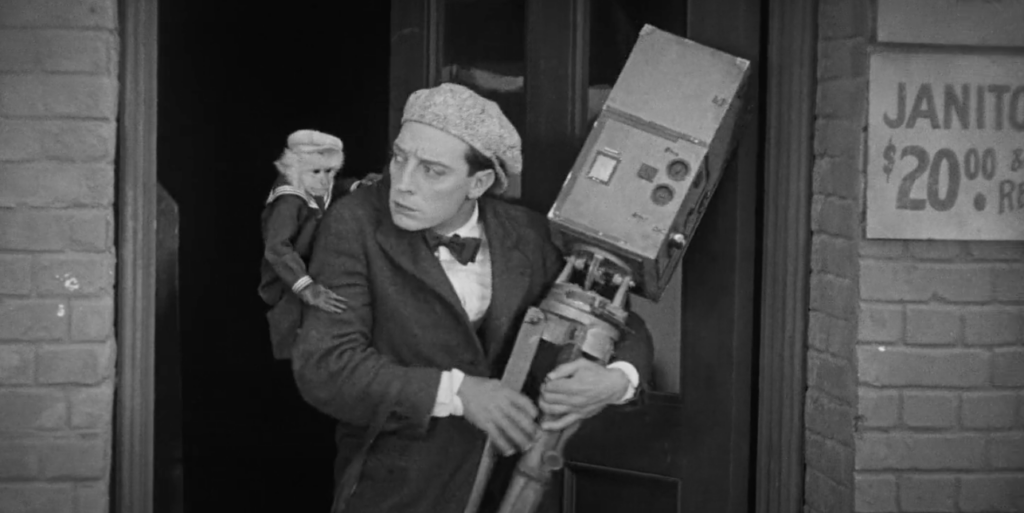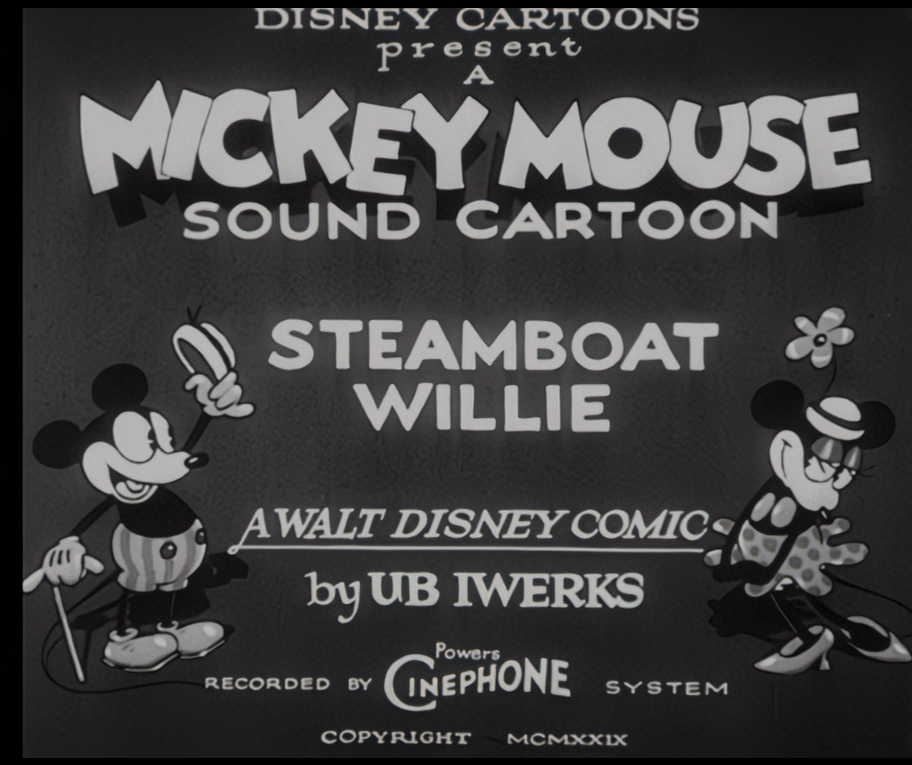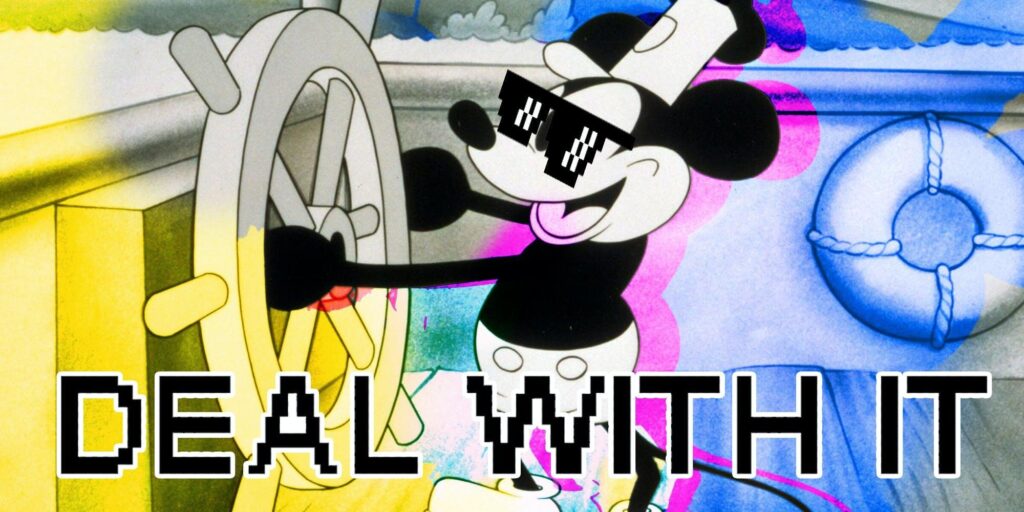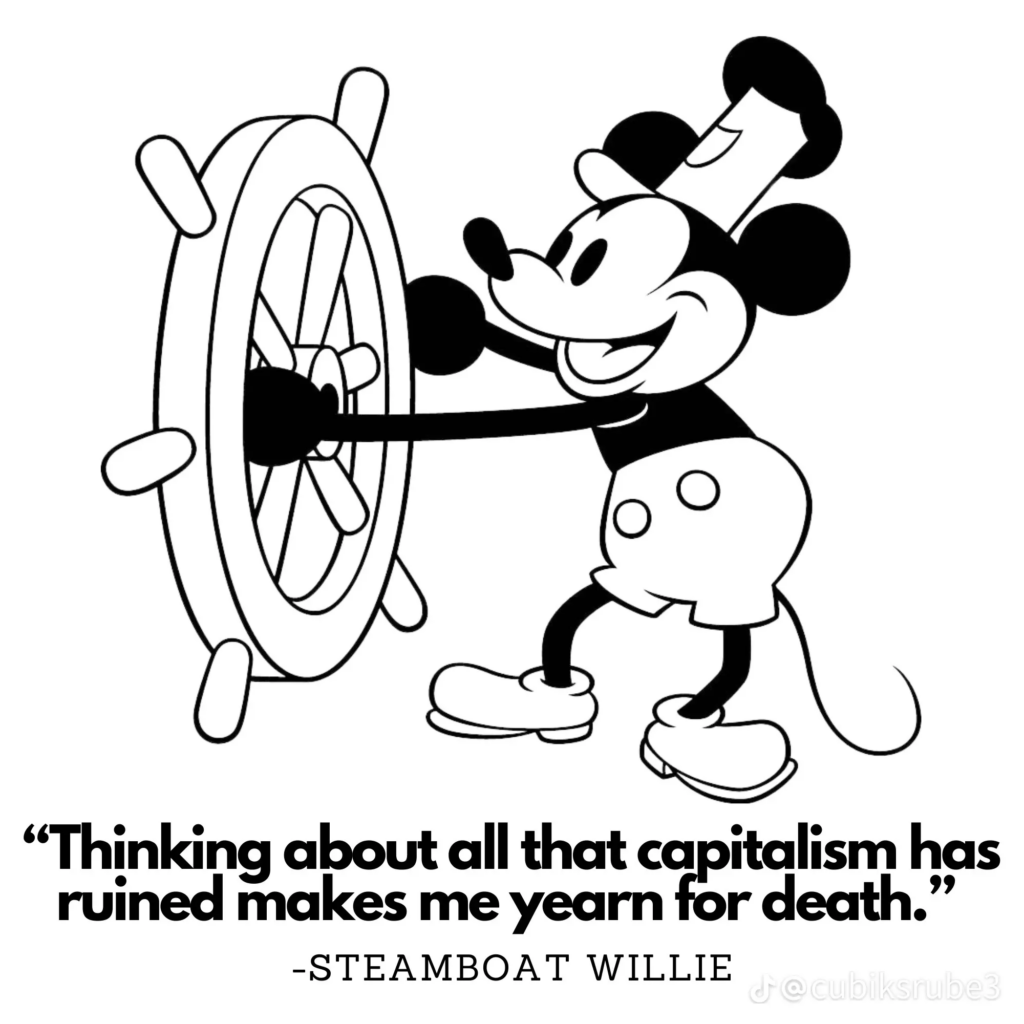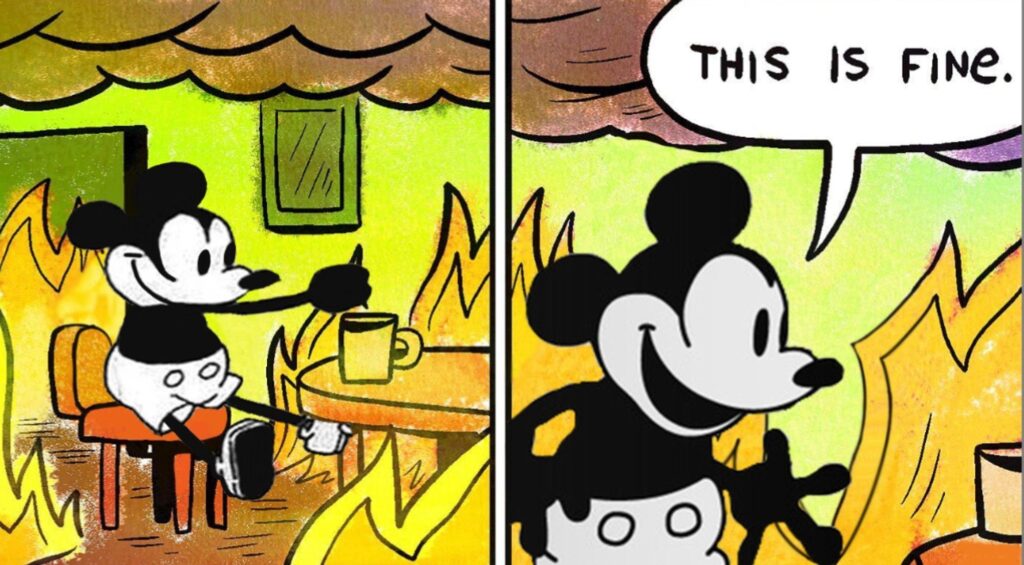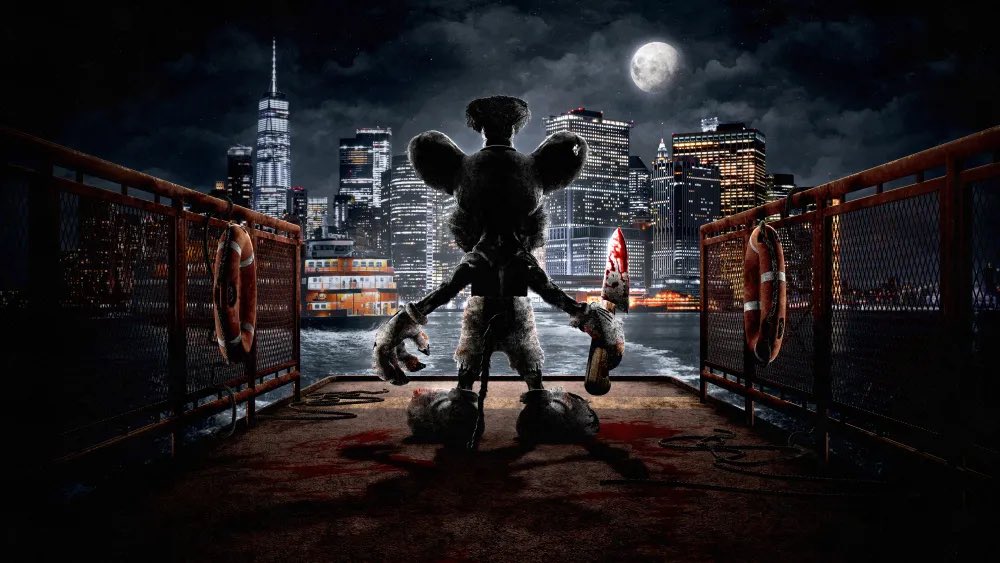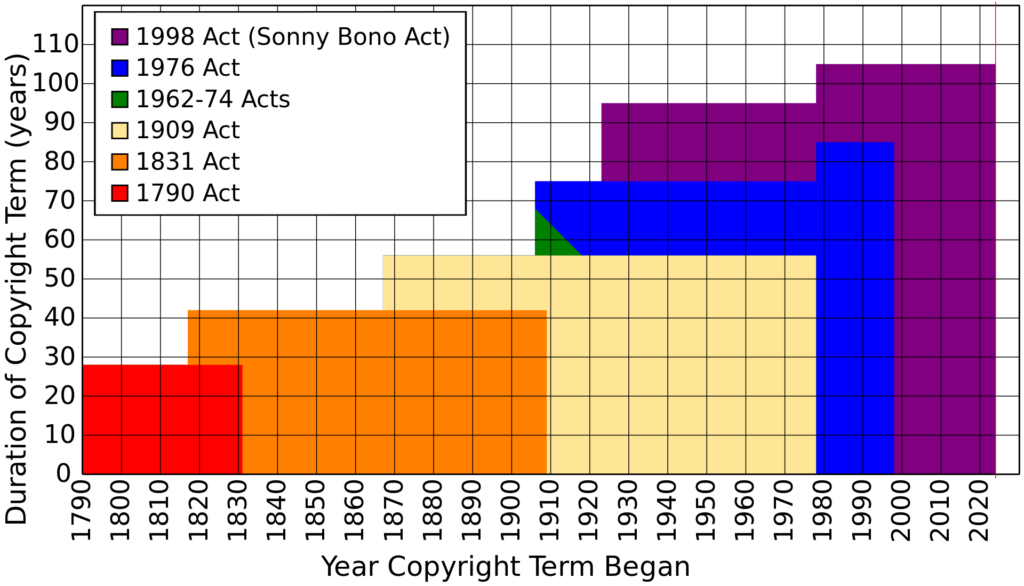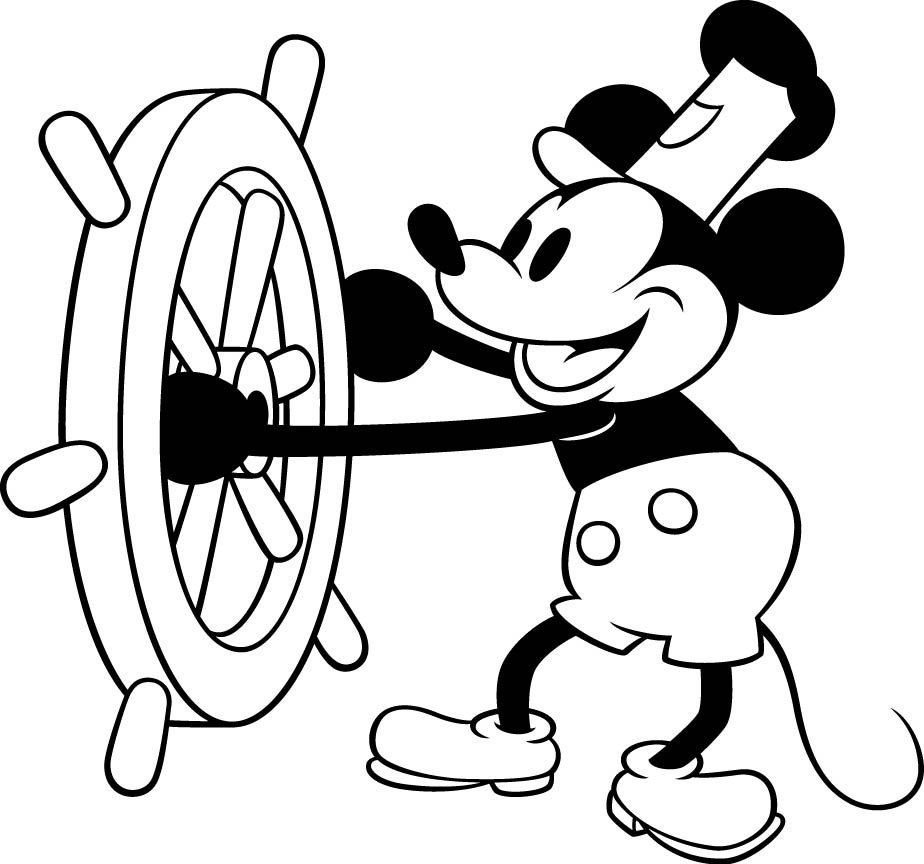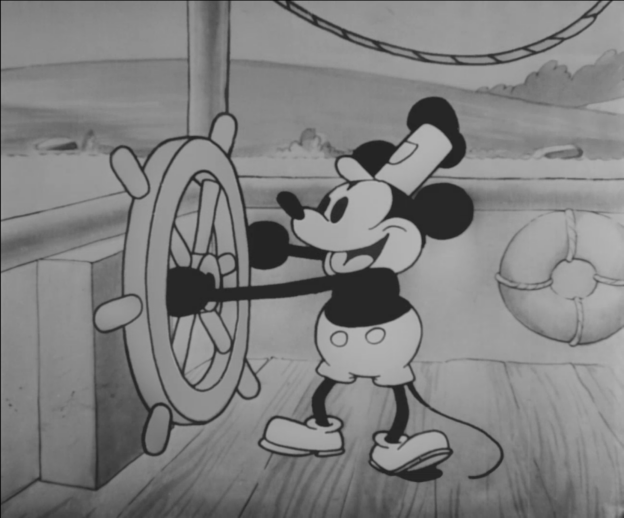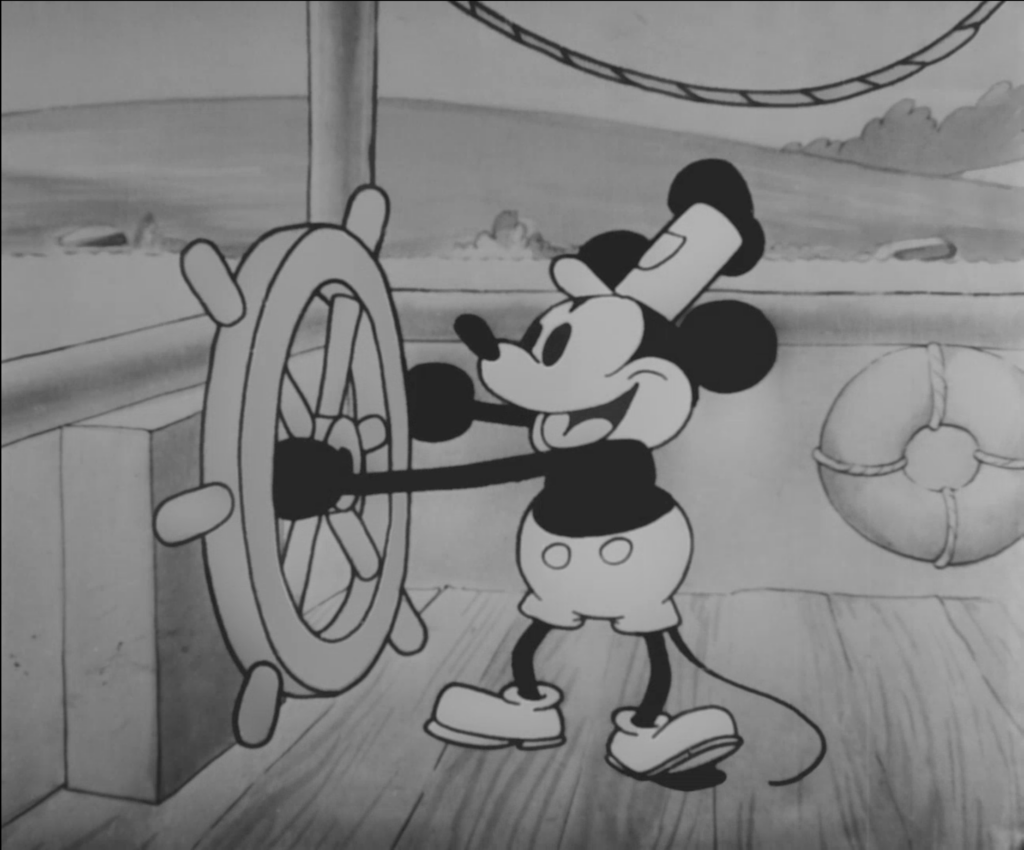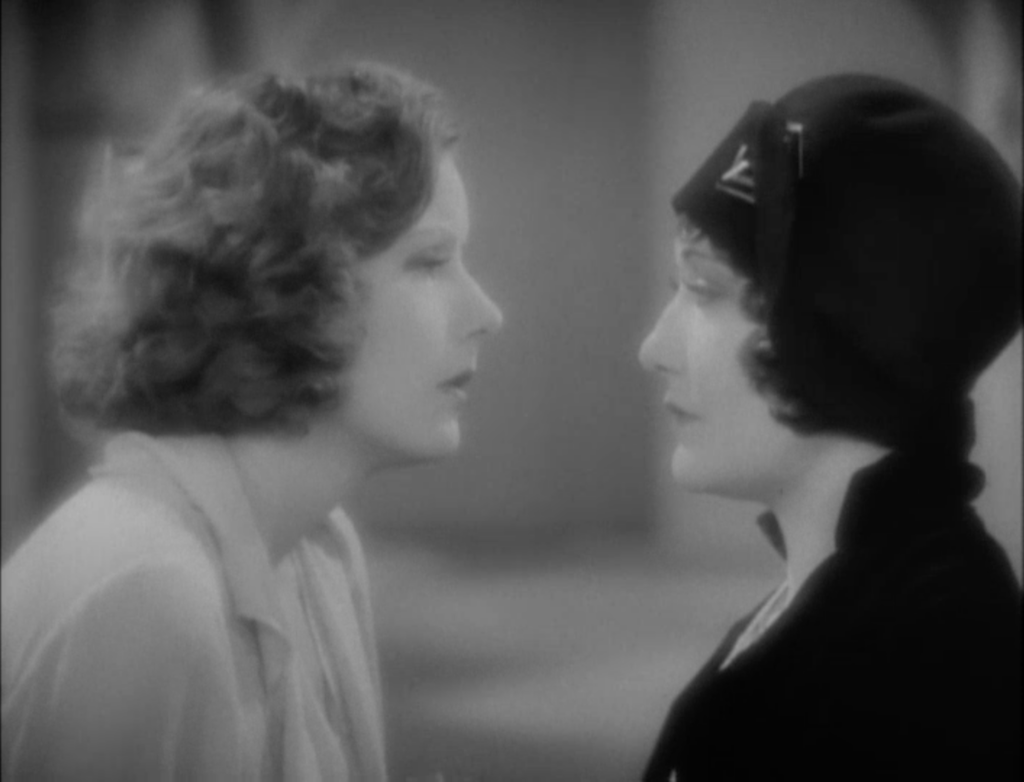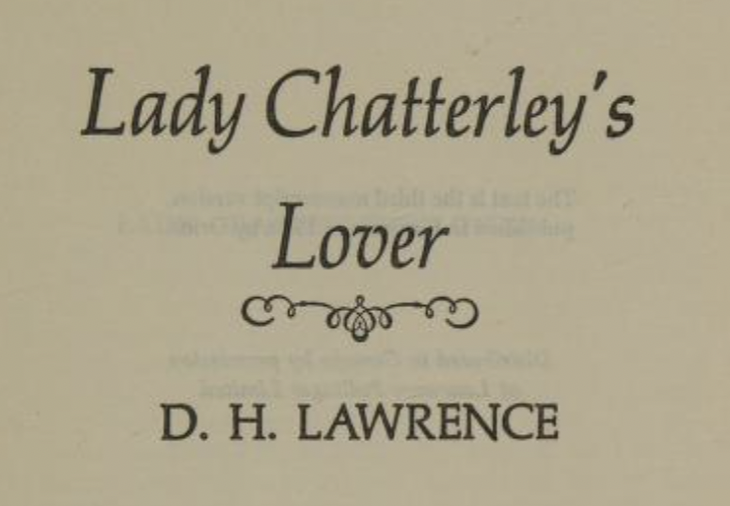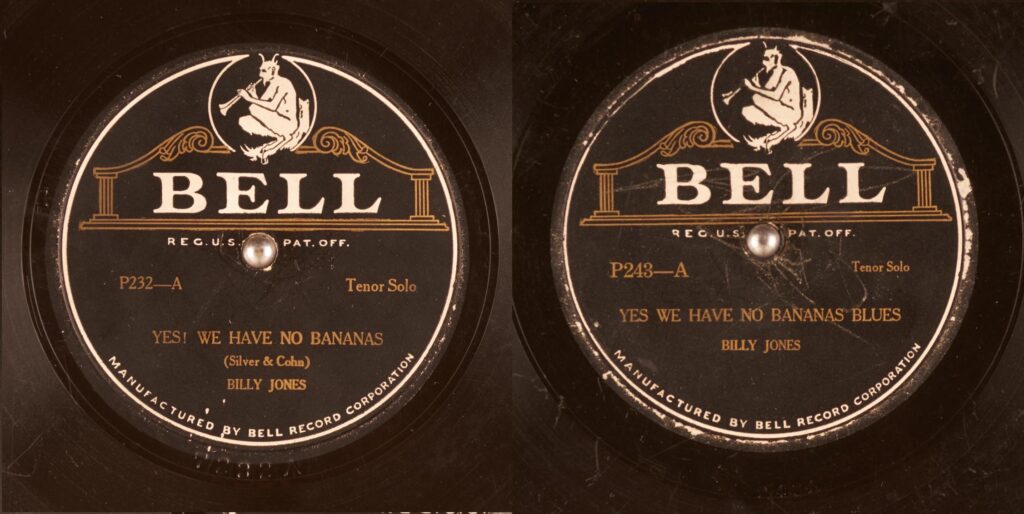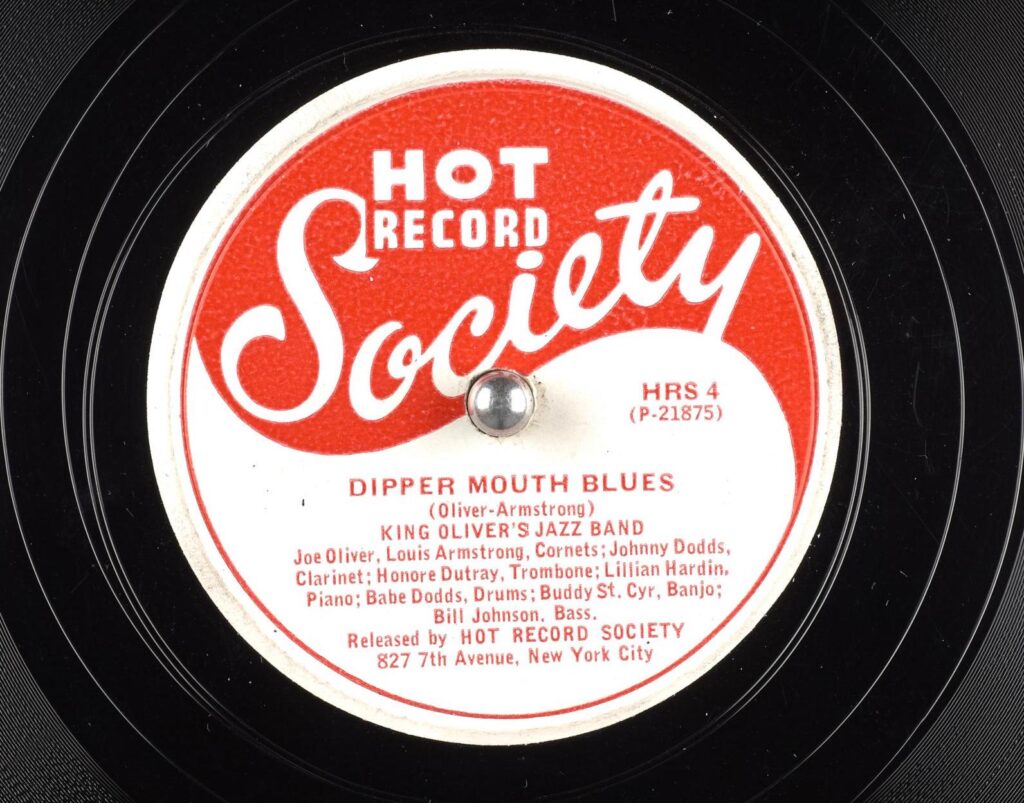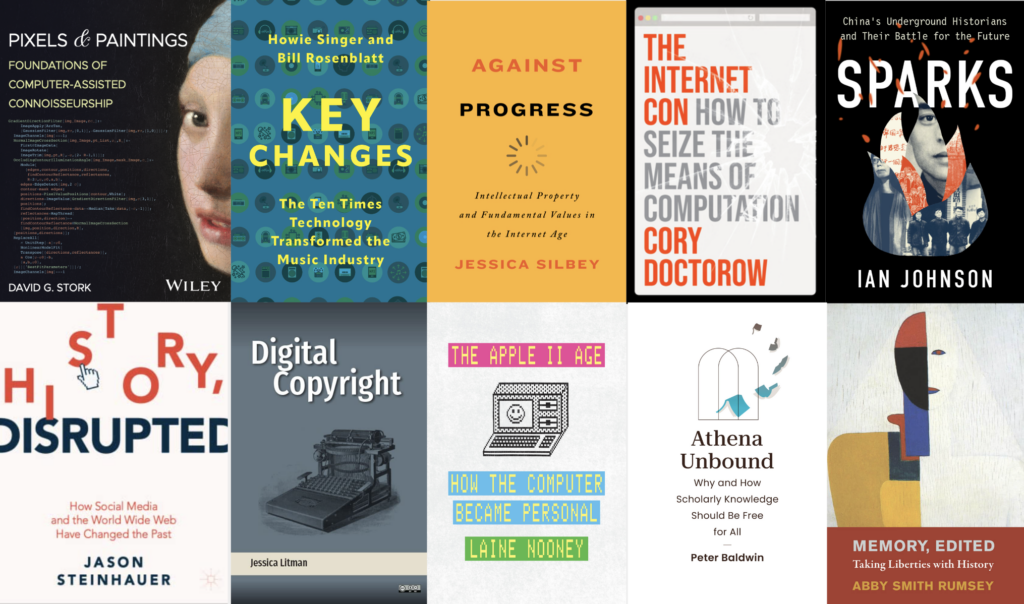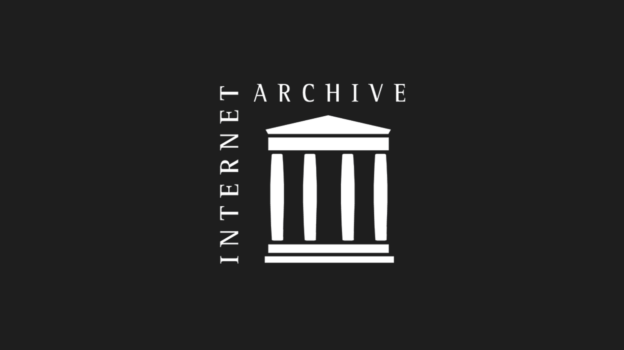After sifting through a sea of talent and creativity, we are thrilled to present the cinematic achievements of three winners and two honorable mentions in our Public Domain Day 2024 Remix Contest. These winning entries not only captivated our imaginations, but also showcased the immense power of remixing, reimagining, and breathing new life into public domain works.
View the winning entries & honorable mentions below. Rick Prelinger, noted film archivist, helped judge the competition and offers why each film was selected for recognition.
Browse all submissions (52!) at the Public Domain Day Remix Contest collection at the Internet Archive.
First Place: “Sick on New Year’s” by Ty Cummings
Found-footage filmmaking is all about taking material that might have almost-sacred status and, well, bringing it back down to earth. We find this film worthy of our first prize because of its irreverent humor and skilled editing, its playful predictions of the future, and because it points to the limitless opportunities that a constantly-refreshed public domain offers makers in all media.
Second Place: “Keaton and Kaufman: The Cameramen” by Max Teeth
This film brings together two characters who will be familiar to people who love films, characters that lived and worked very far away from one another and did deeply different work, but might perhaps have more in common with one another than we might think. We see it as a poetic piece, a loving tribute to some of the people who put the motion in motion pictures.
Third Place: “Just Like a Hollywood Star” by Timothy Johnson
Our 3rd prize winner is a rich montage of sound and picture, focusing on images that model beauty, fitness, posture, proper behavior, and the laws of physics. We like this film’s uninhibited reach and its draw from wildly disparate material, often pretty predictable, to produce an unpredictable result.
Honorable Mention, Historical Perspective: “A Member of the Family” by Lizzy Tolentino
Combining government-produced films, family home movies and an unusual sponsored film by a world-famous company, this filmmaker makes a chilling statement about the gap between the promise of our society and the reality of 20th-century history. The public domain is a record of both proud achievements and disturbing histories, and we feel this film exemplified the potential of the public domain to reveal histories that some might prefer to be kept silent.
Honorable Mention, Quirkiest Film: “Domain” by Cullen J. Sanchez
Sometimes you just have to recognize the unusual. But this unusual film makes a critical point about the public domain — that WE are the public domain, and the public domain is us. Take it away! “It’s us. It’s all of us.”

